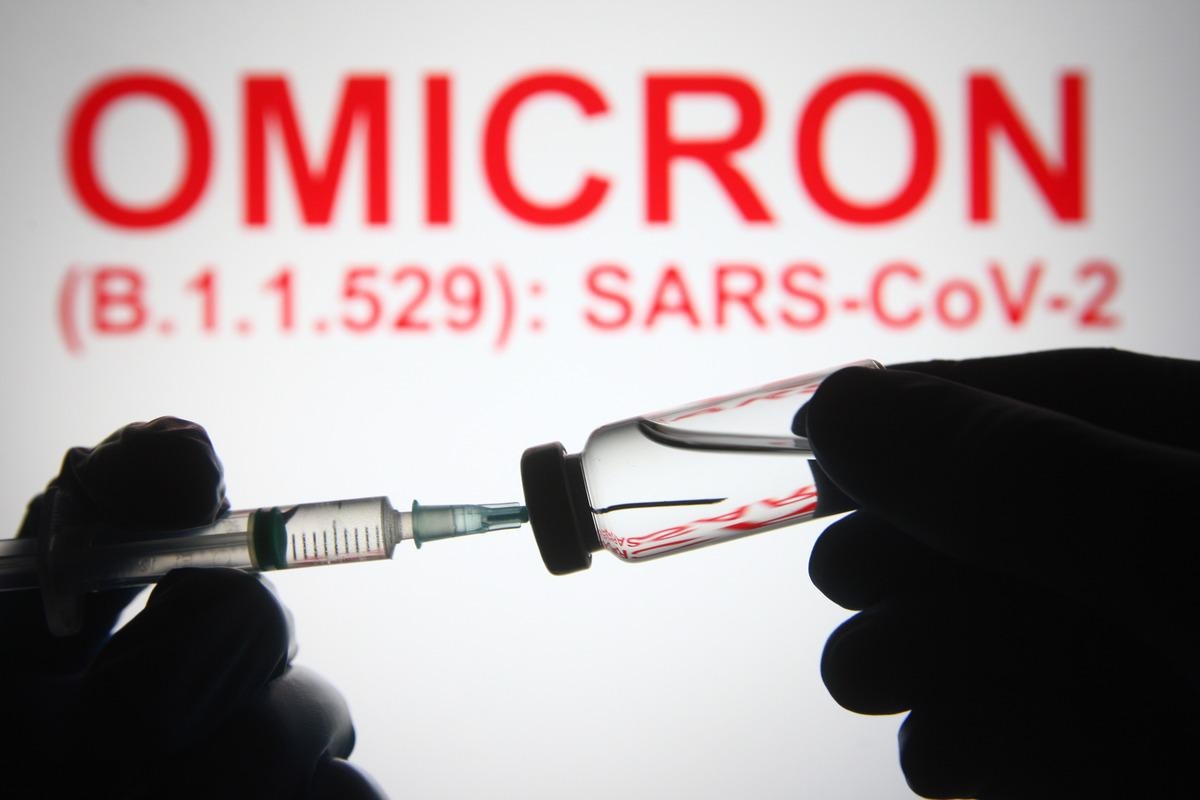The coronavirus disease 2019 (COVID-19) pandemic has spread into nearly every country in the world. Initially, non-pharmaceutical interventions such as lockdowns and social distancing were used to control the disease. Still, as mass vaccination schemes progressed in developed countries, these costly and restrictive measures were dismantled. However, as new variants arise, vaccine breakthrough infections and reinfections are becoming more common.
 Study: Improved neutralization of the SARS-CoV-2 Omicron variant after Pfizer-BioNTech BNT162b2 COVID-19 vaccine boosting. Image Credit: viewimage/Shutterstock
Study: Improved neutralization of the SARS-CoV-2 Omicron variant after Pfizer-BioNTech BNT162b2 COVID-19 vaccine boosting. Image Credit: viewimage/Shutterstock
While the Delta strain was associated strongly with these originally, the new Omicron strain appears significantly more likely to evade both vaccine-induced and natural immunity. Researchers from Westmead Hospital have been investigating the effect of a third dose on neutralizing antibody titres in already vaccinated individuals.

 This news article was a review of a preliminary scientific report that had not undergone peer-review at the time of publication. Since its initial publication, the scientific report has now been peer reviewed and accepted for publication in a Scientific Journal. Links to the preliminary and peer-reviewed reports are available in the Sources section at the bottom of this article. View Sources
This news article was a review of a preliminary scientific report that had not undergone peer-review at the time of publication. Since its initial publication, the scientific report has now been peer reviewed and accepted for publication in a Scientific Journal. Links to the preliminary and peer-reviewed reports are available in the Sources section at the bottom of this article. View Sources
A preprint version of the study is available on the bioRxiv* server while the article undergoes peer review.
The study
The researchers collected upper respiratory tract specimens from individuals in which severe acute respiratory syndrome coronavirus 2 (SARS-CoV-2) RNA had been detected using RT-PCR testing. Viral load was quantified using RT-PCR targeting the nucleocapsid gene. The lineage of the samples was detected using tiling PCR to amplify the genome, followed by sequencing using commercially available libraries and platforms. The raw data from this sequencing were mapped to a reference SARS-CoV-2 genome, and the variants were confirmed using iVar.
Sera from vaccinated individuals were obtained from Australian healthcare workers and confirmed using an immunofluorescence assay against SARS-CoV-2 specific IgA, IgM and IgG antibodies. All vaccine recipients were confirmed to have no history of SARS-CoV-2 infection by lacking specific anti-SARS-CoV-2 antibodies. The 50% tissue culture infective dose was determined for each virus using serially diluted virus stock to infect VeroE6 cells, with infections terminated at 96hrs. Neutralization assays used VeroE6 cells incubated at 37C and infected with viral stock, with patient sera added in equal proportions. Statistical analysis was performed in R, using a 2-tailed t-test.
The researchers examined the neutralizing antibody titres in sera four weeks following a third dose of the BNT162b2 vaccine, revealing a substantial increase compared to sera from individuals who had only received two doses 1, 3 and 6 months prior. Unfortunately, there was a four-fold reduction in median neutralizing antibody titres against Omicron compared to wild-type and a 1.5-fold decrease against the Delta variant.
After 1, 3 and 6 months for all variants, the mean titres were documented, and trends showed slowly decreasing titres over time, similar to the decaying levels of SARS-CoV-2 specific IgG antibodies. Increases in neutralizing antibody levels could be seen in as little as four weeks following the third dose of BNT162b2. Responses were roughly 1/3 lower for Delta than wild-type and ¾ lower for Omicron than wild-type, but still substantially increased compared to the results after two doses.
When investigating the differences in invitro infection kinetics between different lineages, the scientists found three lineages with comparable tissue culture infective dose and viral load. Omicron, however, had a slower propagation rate with increases in viral load not detectable until 96-hours post-infection. Wild-type and Delta variants were detectable within 72 hours.
The conclusion
The authors highlight that although reductions in neutralizing antibody titre are detected from double-vaccinated individuals when challenged with the Omicron variant, sera after a third boosting dose showed significant improvements and neutralized the disease. The delayed growth Omicron shows in vitro suggest that the burden of the mutations may reduce the fitness of this variant, although further study is required to confirm this hypothesis. They also strongly recommend booster vaccine doses, as these are likely to be required to minimize SARS-CoV-2 transmission in the future, especially as double-vaccinated individuals' immunity begins to wane.
The scientists warn that the incidence of breakthrough infections and reinfections will likely still increase, even with vaccine boosters. While larger and more targeted studies are still required, this information could be invaluable to public health policymakers and healthcare workers. It might help design new vaccine programmes and plan for future hospital capacity.

 This news article was a review of a preliminary scientific report that had not undergone peer-review at the time of publication. Since its initial publication, the scientific report has now been peer reviewed and accepted for publication in a Scientific Journal. Links to the preliminary and peer-reviewed reports are available in the Sources section at the bottom of this article. View Sources
This news article was a review of a preliminary scientific report that had not undergone peer-review at the time of publication. Since its initial publication, the scientific report has now been peer reviewed and accepted for publication in a Scientific Journal. Links to the preliminary and peer-reviewed reports are available in the Sources section at the bottom of this article. View Sources